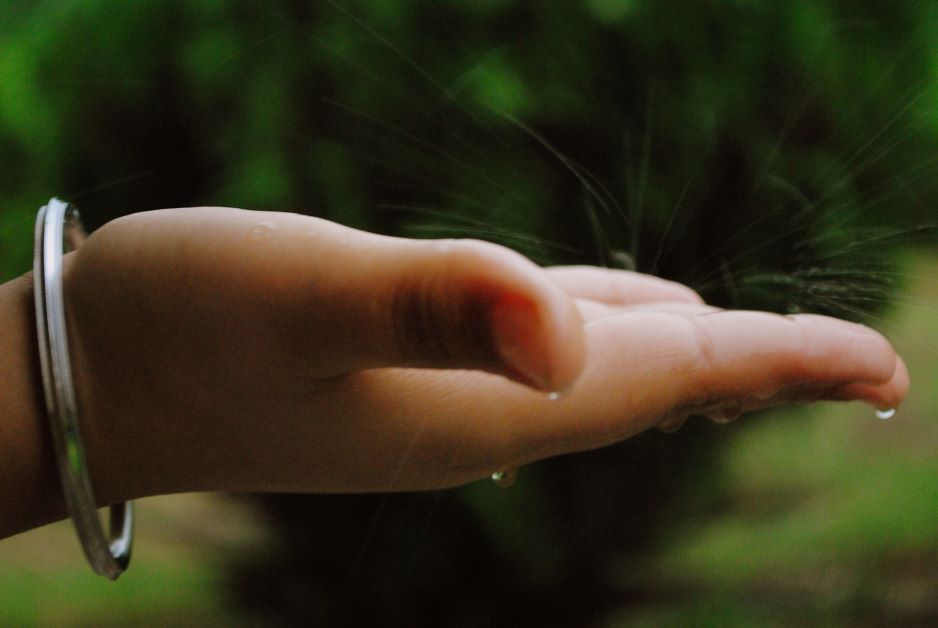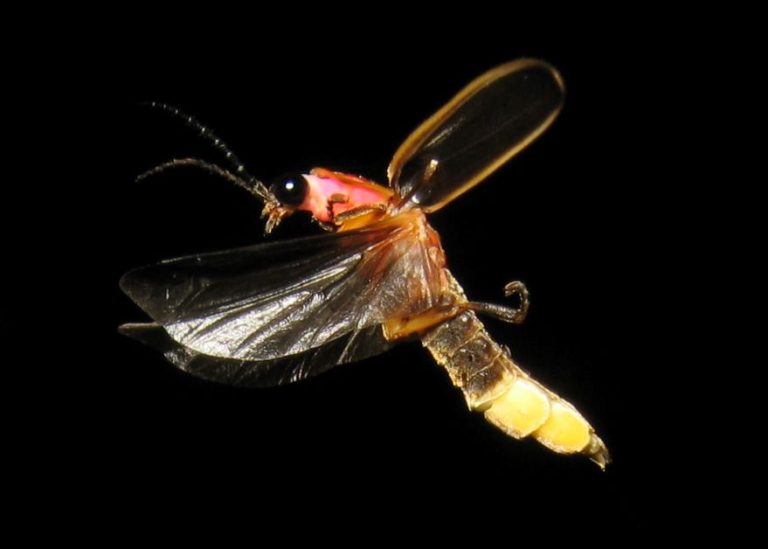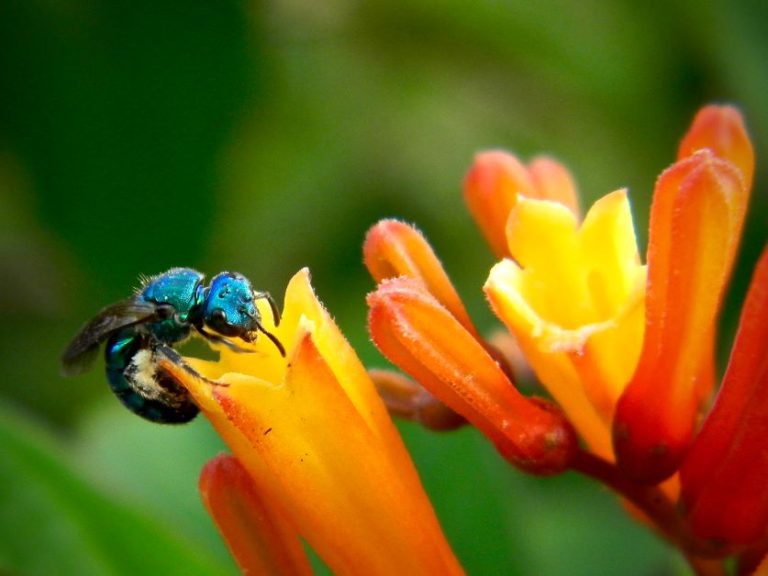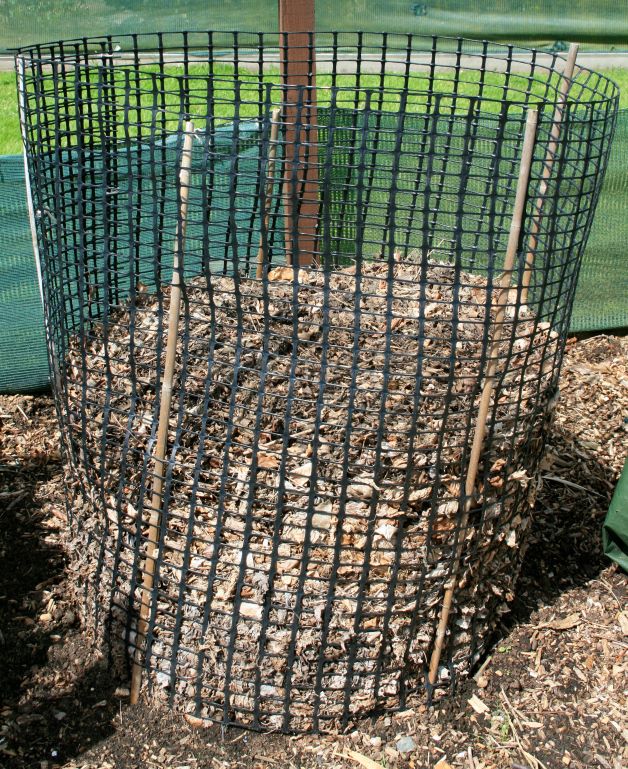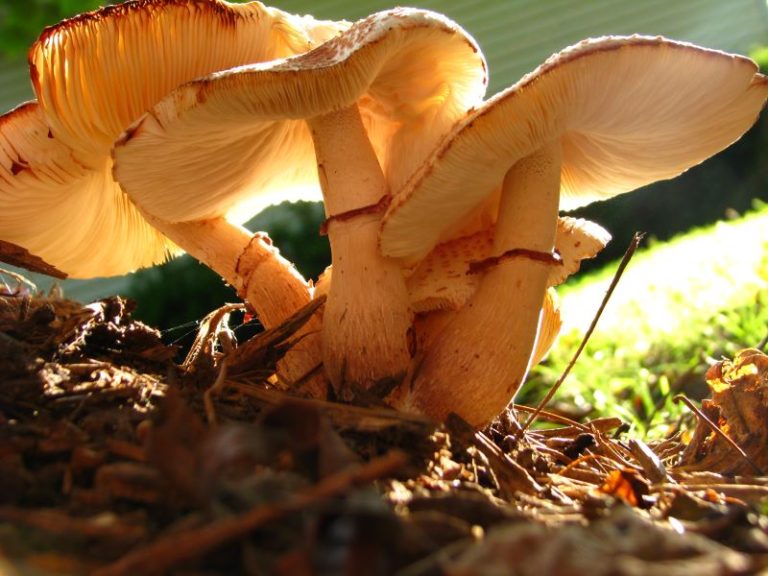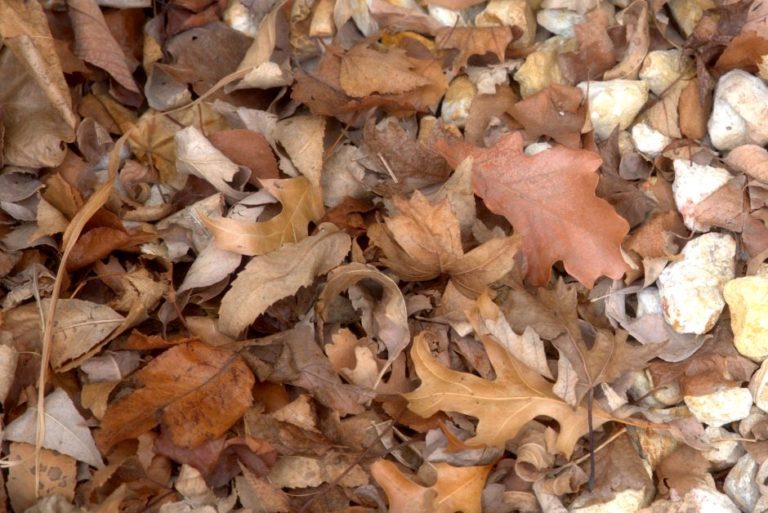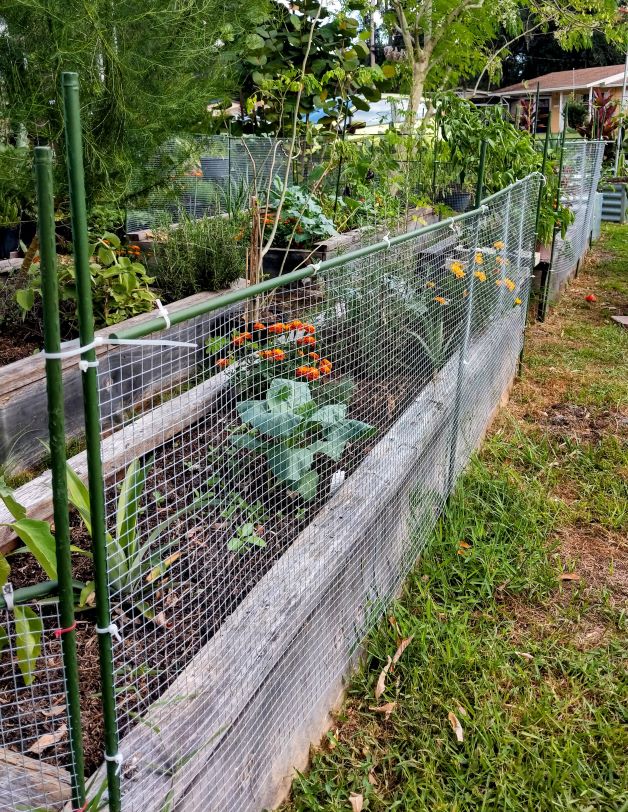Is it Illegal to Collect Rainwater in Florida?
There’s no doubt that Florida is growing, and rapidly. In 2020, almost 1,000 people moved to Florida EVERY DAY. To put that in perspective, that’s 365,000 people in just one year; that’s more than 3x the population of my hometown of Lakeland!
Fun fact! From 2019 to 2020, Lakeland had the second-highest rate of population growth in the country.
If we want to keep our state beautiful (and quite frankly, habitable) for generations to come, we need to take some major steps in conservation. One way to become more self-sustaining in the Sunshine State is through water conservation…but is it illegal to collect rainwater in Florida?
Is it Illegal to Collect Rainwater in Florida?
On a state level, it’s not illegal to collect rainwater in Florida. On a local level, some cities have ordinances restricting rainwater harvesting. Always check with your municipal government before installing a rain collection system. For the most part, though, the state of Florida encourages its citizens to collect rainwater as a way to save on resources.
Floridians in HOAs have to play by different rules. Every HOA is different – some might not care at all, some might have rules about what kind of rainwater collection system you use, and some might ban rainwater harvesting altogether. To avoid hefty fines (and a knock on the door from your local Karen), always check your HOA bylaws.
There are a few different ways that you can collect rainwater, including:
- Using a rain barrel
- Creating a rain garden
- Catching water from a rain chain
Rainwater Collection in Florida
Is Florida At Risk of Running Out of Fresh Water?
Even though Florida is the 5th rainiest state in the US and averages almost 54 inches of rainfall a year, we are running out of fresh water. Rapid urbanization and widespread agriculture are a major drain on our water supply, especially in South Florida and Tampa Bay.
Most of Florida’s fresh water comes from the Floridan aquifer, a slow-moving body of water 2,000 feet below the earth’s surface. If you’ve ever visited Florida’s breathtakingly blue freshwater springs, then you’ve seen the Floridan aquifer in action. The crystal clear, super cold water bubbling up from underground is fed by the aquifer.
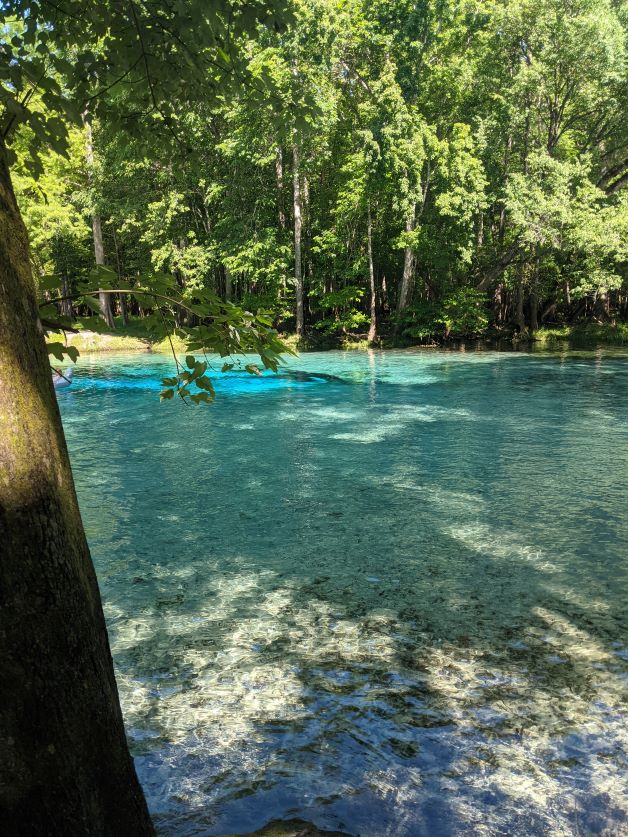
This gigantic source of fresh water lies underneath all of Florida and most of the Southeastern United States. In total, about 90% of Floridians get their drinking water from the Floridan aquifer.
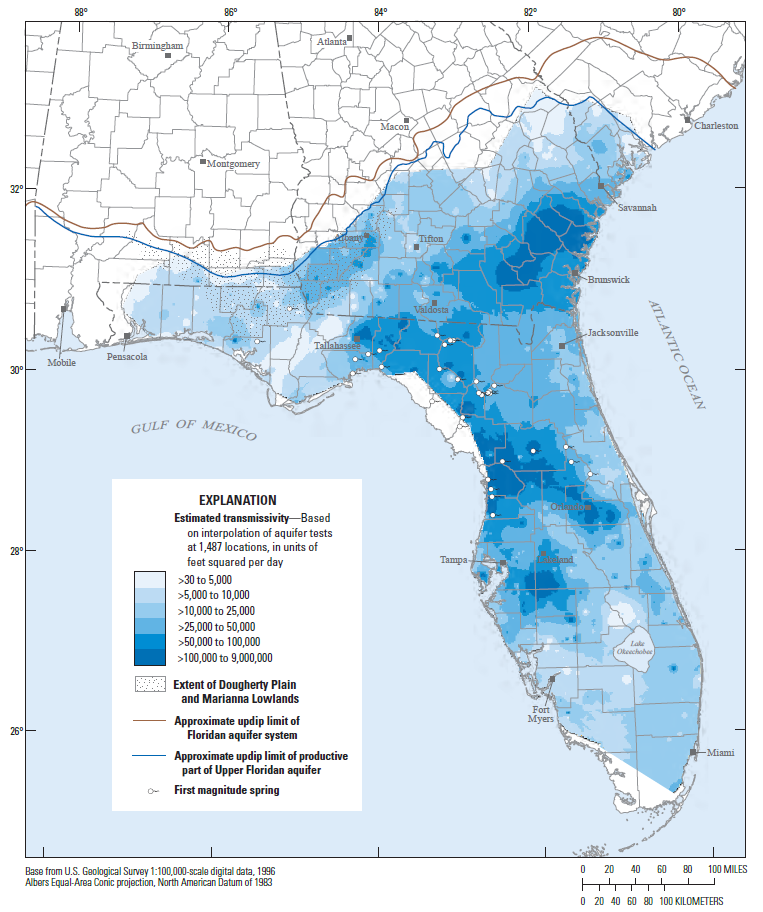
The huge influx of people moving to Florida coupled with aggressive development and agriculture means that more and more water is being pumped from our aquifer every day. To make matters worse, half of all the water pumped from our aquifer ends up in the landscape via irrigation.
Freshwater isn’t an infinite resource, and studies show that Florida could be at risk of a major fresh water shortage by 2050. Tampa Bay has even resorted to building expensive seawater desalination plants to convert seawater to fresh water because fresh water is so hard to come by.
Energy consumption is another thing to consider when it comes to water. Water pumped directly from the aquifer isn’t ready to use – it has to be filtered and sanitized at water treatment facilities, first. Water processing takes electricity, and most of Florida’s electricity comes from natural gas. The more natural gas we use, the more carbon we emit into the atmosphere.
The water that we use in our gardens needs to be clean but it doesn’t have to be drinkable. Let’s stop using tap water for our plants and lawns and instead use one of the most abundant, free resources on the planet: rainwater.
Featured Image Credit: gurliv

